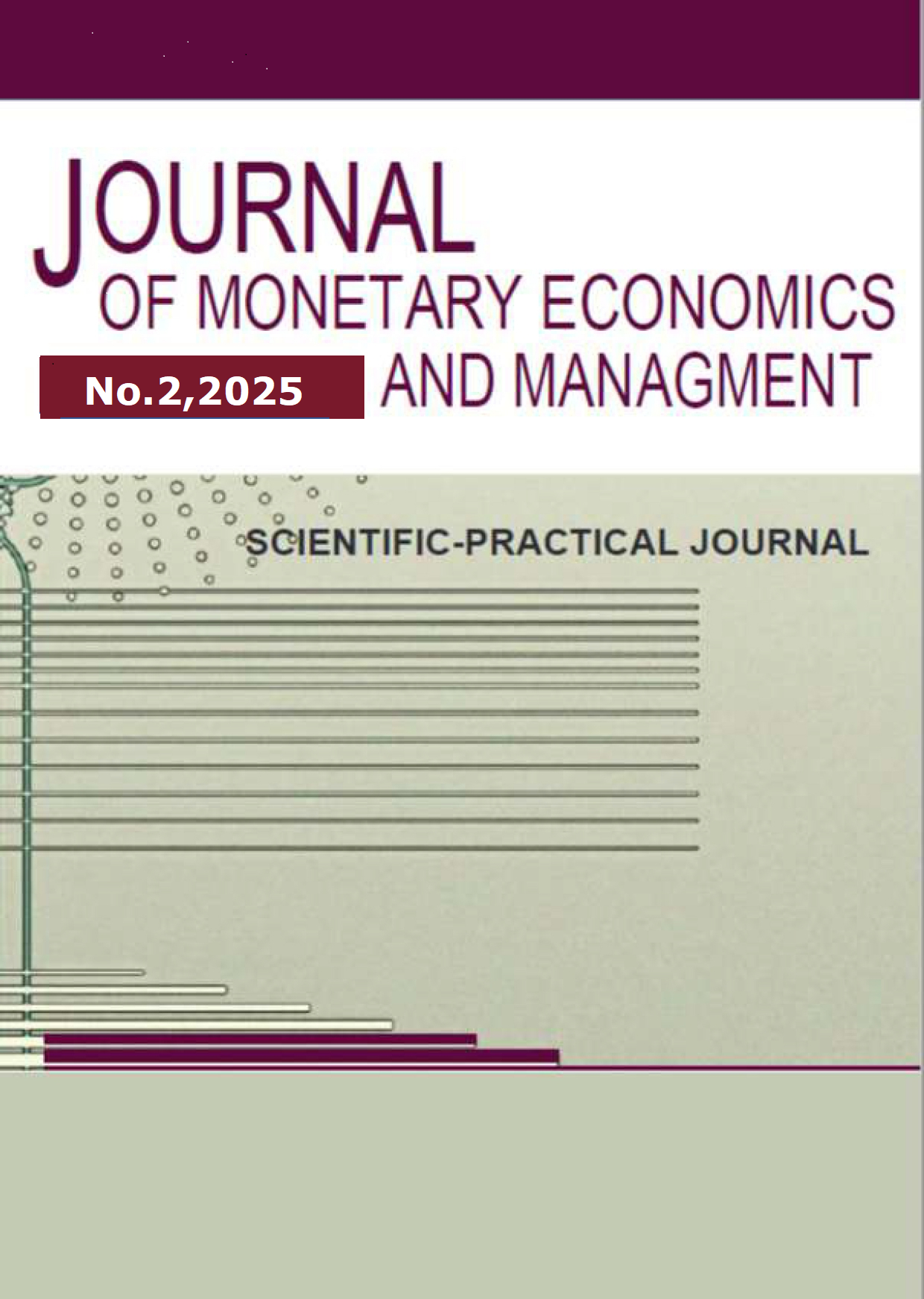The digitalization of taxes has brought about significant changes in corporate payroll arrangements, including increased efficiency, transparency, and automation. Several changes have brought several benefits. Electronic invoicing and real-time reporting are two examples of digital tax systems that governments around the world are implementing to improve compliance and reduce tax evasion. These advances have revolutionized payroll processes by consolidating tax deductions in real time, increasing accuracy, and reducing administrative hassles. Today, organizations rely on AI-driven payroll solutions to ensure compliance with ever-changing tax requirements while reducing errors and penalties. By using predictive analytics to improve cash flow management, digital tax structures can improve financial planning. The need for periodic system updates, cybersecurity risks, and concerns about data privacy are some of the challenges that still exist. Tax digitization, when all factors are taken into account, contributes to a more efficient and well-organized payroll system, which benefits both public and private tax authorities. To ensure compliance and simplify payroll procedures in an increasingly digital tax environment, businesses need to make adjustments as digital tax rules continue to tighten.
tax, digitalization, corporate, payroll structure
1. OECD, Promoting Enterprise Digitalisation in Azerbaijan, 2022. [Online]. Available: https://www.oecd.org/content/dam/oecd/en/publications/reports/2022/04/promoting-enterprise-digitalisation-in-azerbaijan_6187d4fa/6a612a2a-en.pdf. [Accessed: 19-Feb-2025].
2. Deloitte, Taxation and Investment in Azerbaijan, 2024. [Online]. Available: https://www2.deloitte.com/content/dam/Deloitte/az/Documents/tax/Taxation%20and%20investment%20in%20Azerbaijan%202024%20by%20Deloitte%20Azerbaijan%20.pdf. [Accessed: 19-Feb-2025].
3. Khalilov and R. Mammadov, “Digitalization Perspectives of the Azerbaijan Economy,” Propulsion Technologies Journal, 2024. [Online]. Available: https://www.propulsiontechjournal.com/index.php/journal/article/download/3957/2683/6804. [Accessed: 19-Feb-2025].
4. OECD, “Azerbaijan Joins the Inclusive Framework on BEPS and Participates in the Agreement to Address the Tax Challenges Arising from the Digitalisation of the Economy,” 2022. [Online]. Available: https://www.oecd.org/en/about/news/announcements/2022/12/azerbaijan-joins-the-inclusive-framework-on-beps-and-participates-in-the-agreement-to-address-the-tax-challenges-arising-from-the-digitalisation-of-the-economy.html. [Accessed: 19-Feb-2025].
5. IMF, “Exploring the Adoption of Selected Digital Technologies in Tax Administration,” 2023. [Online]. Available: https://www.elibrary.imf.org/view/journals/068/2023/008/article-A001-en.xml. [Accessed: 19-Feb-2025].
6. KPMG, Taxation of the Digitalized Economy - Developments Summary, 2023. [Online]. Available: https://kpmg.com/kpmg-us/content/dam/kpmg/pdf/2023/digitalized-economy-taxation-developments-summary.pdf. [Accessed: 19-Feb-2025].
7. Neeyamo, “Azerbaijan Payroll & Employer of Record: A Complete Guide,” 2024. [Online]. Available: https://www.neeyamo.com/global-guide/azerbaijan. [Accessed: 19-Feb-2025].
8. Quaderno, “How Digitalization Will Completely Transform Taxes,” 2023. [Online]. Available: https://quaderno.io/blog/digitalization-of-taxes/. [Accessed: 19-Feb-2025].
9. Deloitte, Taxation and Investment in Azerbaijan, 2023. [Online]. Available: https://www2.deloitte.com/content/dam/Deloitte/az/Documents/tax/DeloitteAZ-guide2023.pdf. [Accessed: 19-Feb-2025].
10. Asian Development Bank, Azerbaijan: Country Digital Development Overview, 2024. [Online]. Available: https://www.adb.org/sites/default/files/institutional-document/484586/aze-digital-development-overview.pdf. [Accessed: 19-Feb-2025].









